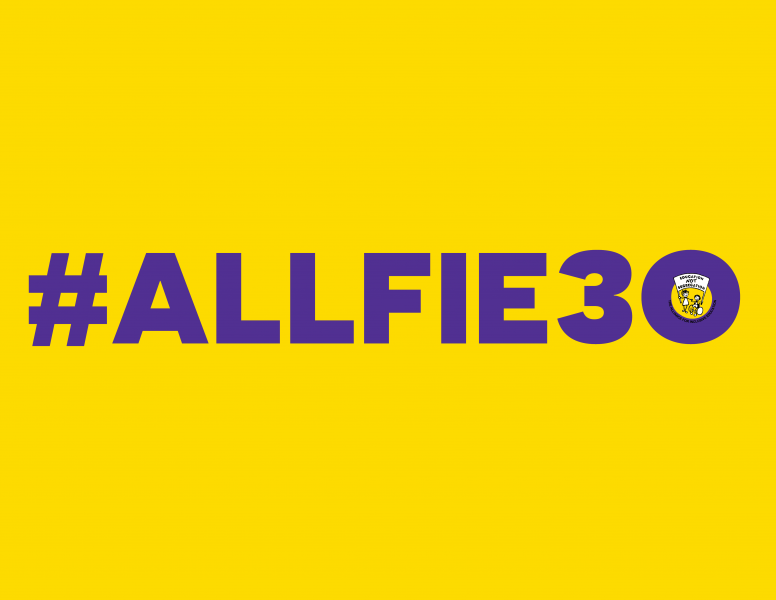Inclusive Education Research: Co-production in Practice
Armineh Soorenian discusses how coproduction and participatory approaches to inclusive education research can impact on its richness and quality, and challenge historic marginalisation of Disabled people’s voices and experiences.

Historically, disability research has been led by non-disabled academics, marginalising Disabled people’s voices and experiences, considering ‘disability’ as an individual or welfare problem. To challenge these oppressive power structures, in the recent decades, disability research has adopted participatory or, better still, co-productive emancipatory research methods.
Co-production involves different forms of knowledge being brought together. Academic researchers play a more facilitative role as research question and agenda-setting is increasingly driven by community and other partners. Participatory research aims to challenge and disrupt power relationships found in more conventional research that draws a rigid distinction between researchers and people ‘being researched’. In both methods, there is a significant shift of power from researchers to the ‘researched’. By involving non-researchers as experts in the exclusive process of research, co-production can make users feel empowered and included, increasing a sense of ownership.
As a Disabled researcher, I was recruited by ALLFIE to lead a research project into the effectiveness of Accessibility Plans in English secondary schools, exploring disabling barriers affecting the educational journeys of Disabled young people. To ensure co-production, I spoke directly with Disabled young people and their families, on behalf of ALLFIE, as a well-established Disabled People’s Organisation in the field of inclusive education. Disabled people are optimally placed to design, develop, and produce disability research with a commitment to improving Disabled people’s life opportunities. I firmly located the project within the social model of disability, presenting an alternative to mainstream analysis with a view to empower Disabled participants, adopting the ‘Nothing About Us Without Us’ approach throughout the project.
Disabled participants were involved in the various stages of data collection, validation, and dissemination. From the outset, a Project Advisory Group was formed, consisting of a parent of a Disabled young person, the ALLFIE director, a Disabled academic, and a researcher in the field of inclusive education. We met monthly to make collective decisions about the direction of the research and to support me in designing the research topics and questions as well as looking at complex ethical issues.
My personal experience of ‘Disability,’ and of attending both special and mainstream education as a Disabled young person, helped create a safe space in which participants felt comfortable to share detailed and personal accounts of their experiences. Disabled young participants were often thankful to have a platform through which their voices could be heard, and they also appreciated the empathy of a fellow Disabled person. The emancipatory approach of the project, and the commonality of ‘Disability’ experience amongst participants, benefitted both the participants and the research in equal measure.
The aim in carrying out the co-productive project in the field of inclusive education was to make a far-reaching positive change, so that Disabled young people may have entirely different and more positive experiences – not left behind by the system, instead be fully included in their school communities alongside their friends and non-disabled peers.
As this work has shown, coproduction and participatory methods are exciting approaches to research in inclusive education, and disability research as a whole, that can generate novel output, with the potential to have a profound impact on the richness and quality of the work.
![Allfie [logo]](https://www.allfie.org.uk/wp-content/themes/allfie-base-theme/assets/img/allfie-logo-original.svg)




Discussion
There are 7 responses
Comment by full hd tek parça izle
Here is an excellent Blog You might Find Fascinating that we encourage you to visit. Maressa Curran Evannia
Comment by recep ivedik 6 izle
You have mentioned very interesting points! ps nice web site. Carolina Johnnie Candice
Comment by hastane randevu alma telefon numarası kaç
A lot of writers recommend just writing and composing no matter how bad and if the story is going to develop, you’ll suddenly hit “the zone” and it’ll develop.
Comment by haberler
Thanks for the article. it has been very useful. The information I get from here will be very useful for me.
Comment by Randevu
Thanks for this wonderful post! It has long been very helpful. I wish that you’ll carry on posting your wisdom with us.
Comment by Nöbetçi Eczaneler
Nice one for picking the correct to debate this amazing, I think eagerly in it and true love researching a little more about this specific area. Any time probable, when you get to competencies, you imagination adding all of your blog page by working with further more facts? This can be very ideal for everyone.
Comment by Hastanesi
I have been checking your blog site for any even though now, would seem like everyday I study some thing new Thanks